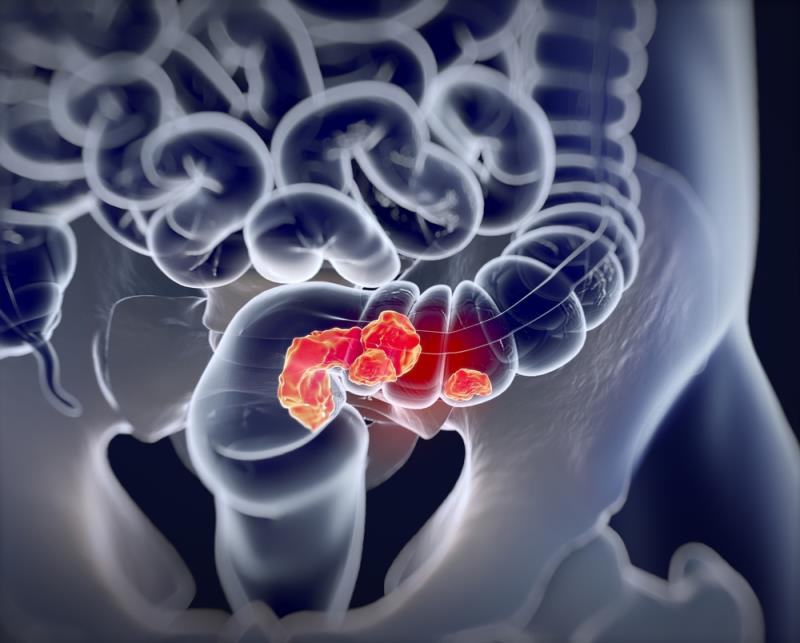
There may be a link between the intake of processed meats and the risk of colorectal cancer, a recent meta-analysis finds, although serious concerns of study bias and quality remain.
The study included 29 prospective cohort investigations eligible for analysis, corresponding to 17 nonoverlapping, independent cohorts. These were drawn from the databases of Medline and Embase. Studies on populations with existing diseases were ineligible, as were those of other designs, such as cross-sectional surveys and case-control methodologies.
Cochrane's Risk of Bias in Non-randomized Studies of Interventions (ROBINS-I) assessment tool was used to evaluate study quality.
Pooled analysis of nine studies showed that high intake of processed meats led to a significant increase in the risk of colorectal cancer (hazard ratio [HR], 1.13, 95 percent confidence intervals [CI], 1.01–1.26) and colon cancer (HR, 1.19, 95 percent CI, 1.09–1.31). The effect on rectal cancer was only of borderline significance (HR, 1.21, 95 percent CI, 0.98–1.49).
Dose-response analyses, per 50-g/day increase in processed meat consumption, yielded similar results: colorectal cancer (HR, 1.15, 95 percent CI, 1.06–1.24), colon cancer (HR, 1.25, 95 percent CI, 1.15–1.37), and rectal cancer (HR, 1.18, 95 percent CI, 1.04–1.33).
However, researchers reported that most studies showed an overall serious risk of bias, indicating important limitations driven primarily by the lack of appropriate controls for confounders. Two studies were deemed to have a critical risk of bias and showed severe methodological limitations. Only two studies were of moderate risk of bias.